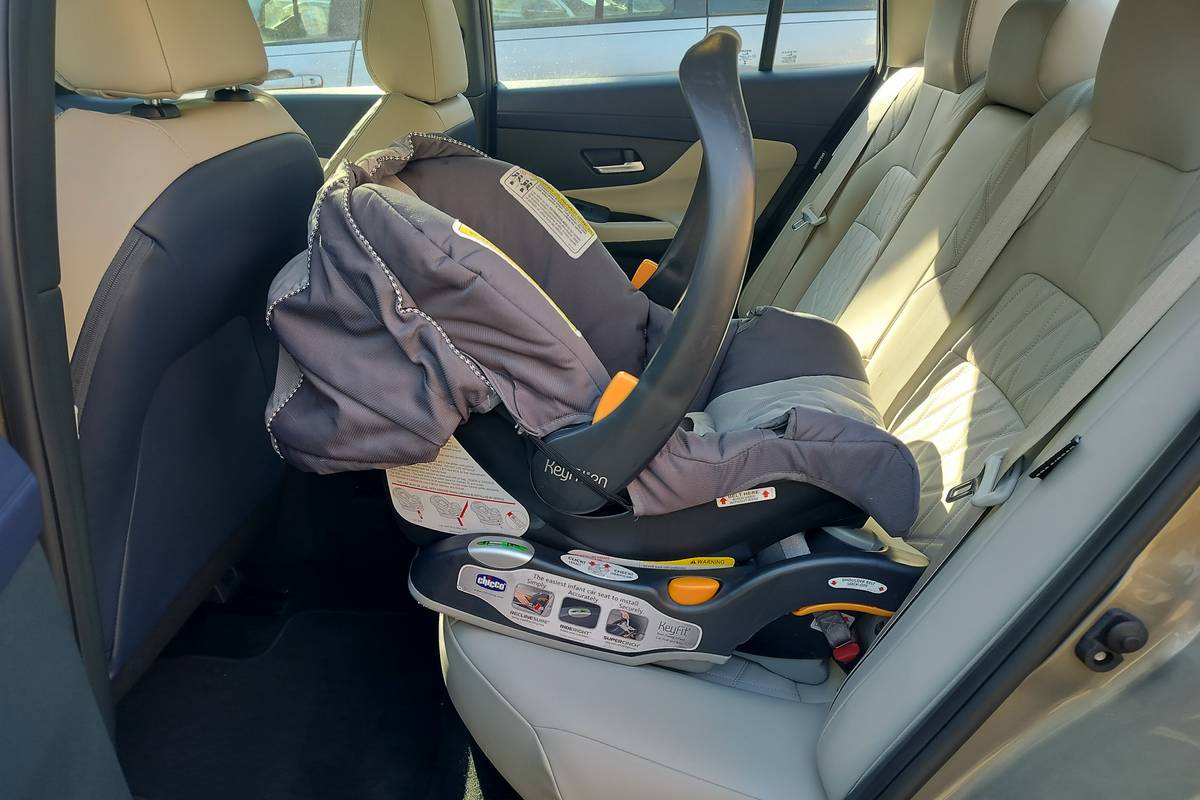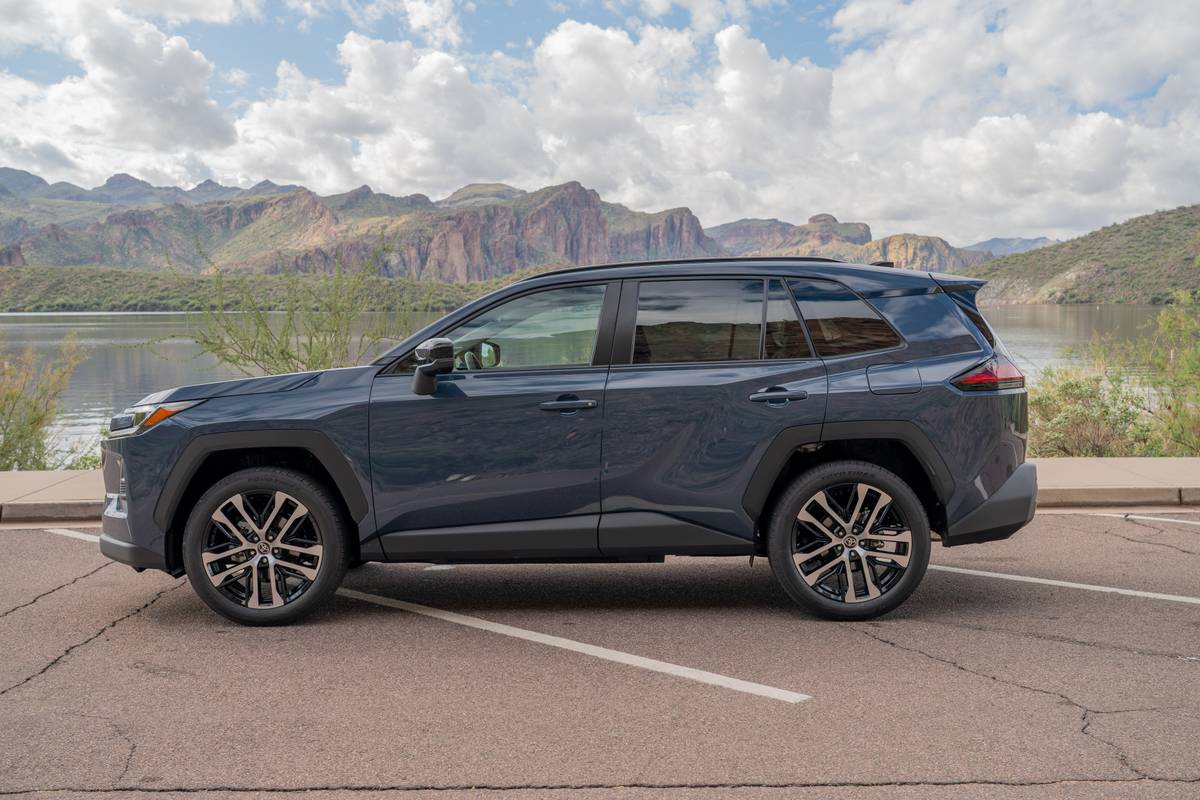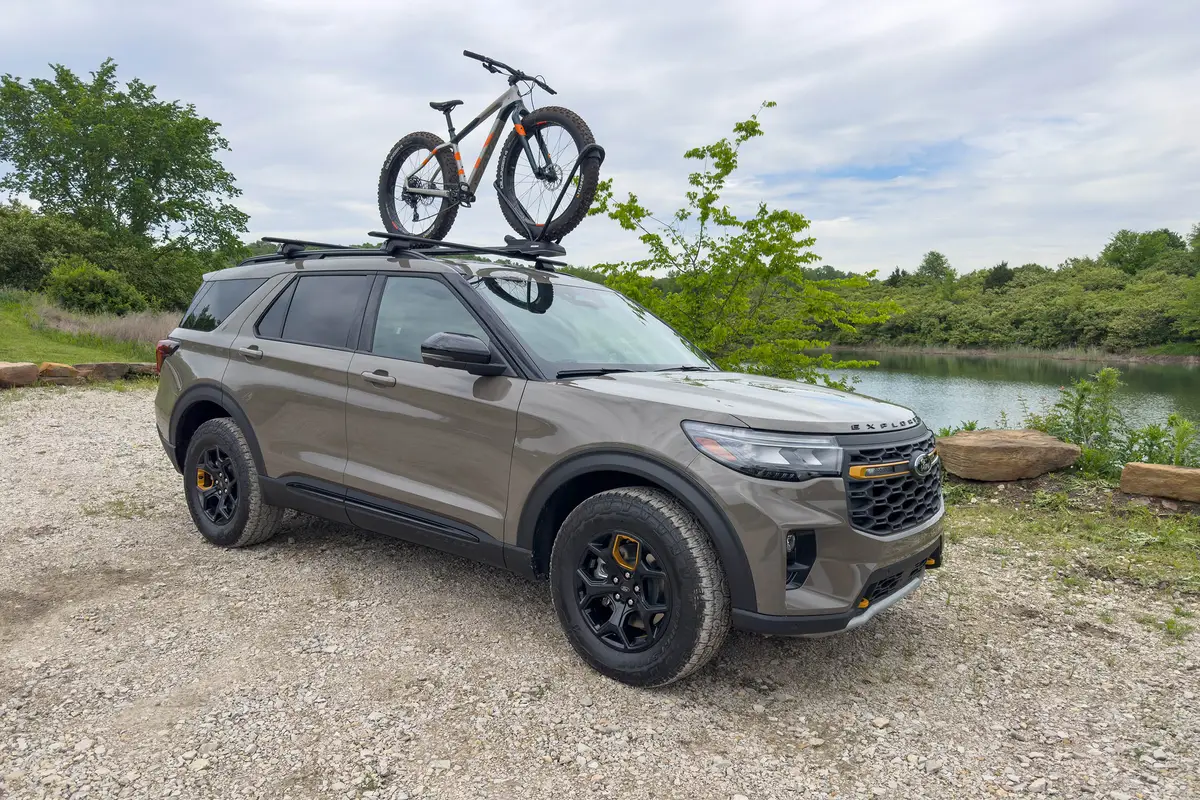washingtonpost.com's view
Change often hides beneath habit and tradition. Take the tradition of bigness in America.
Many of you may laugh at the notion that we are ending an era of American bigness. Contrary indicators are everywhere. Mini-mansions are being built for households of two. Suburbs are yielding to exurbs, pushing us farther from where we work. The federal government is spending money with the wantonness of a college freshman with a new American Express card.
Bigness seems alive and well in the USA. But appearances are deceptive.
We are at the end of an era of American bigness because we are at the end of an era of cheap oil and all of the bigness that flowed from it.
But perception often lags behind reality. Thus, there is the perception that cars such as the Honda Fit Sport constitute a temporary shift in consumer tastes — the kind of automobile we’ll drive until gasoline prices come down.
The reality is that the Fit is the same little car that has been sold as the Honda Jazz in Japan and elsewhere since 2002. Honda has specialized in making small gasoline engines for motorbikes, boats, cars and practically everything else since its inception as the Honda Technical Research Institute in 1946 and its incorporation as Honda Motor Co. two years later.
Honda specialized in the design and development of small engines because Honda had no choice. It is a Japanese company. Japan has always been short of oil, which is one of the reasons Japan lost World War II. Gasoline is expensive there, as it is in Europe, which is also oil-short.
Expensive fuel affects consumer choices in a way that most government regulations, such as the inane U.S. Corporate Average Fuel Economy (CAFE) rules, can’t. High fuel prices actually force consumers to buy the fuel-efficient cars the U.S. government says it wants its automobile manufacturers to produce.
And the reality, my fellow Americans, is that the Honda Fit and similar automobiles will be a fixture in America for a long while because oil prices in America will remain high in a world running low on oil.
That does not mean big sedans, trucks, sport-utility vehicles and high-horsepower cars will go away. It means more people will think a bit harder about buying them. It means they will buy cars that fit their pockets better than their egos. It means companies such as Honda will develop cars that fit both, which is exactly what the Fit does.
Here is a car that is 20 inches shorter than the Honda Civic, previously the smallest car sold in America, but that has as much interior space as the Honda Accord or Toyota Camry. The Fit’s cabin is multi-configurable, meaning it can be changed around several ways to accommodate maximum hauling of stuff or people. It is family friendly.
As I often do with such vehicles, I enlisted the aid of Ria Manglapus, a neighbor, fellow Post employee and family friend, to give the Fit a real-world shakeout. Ria has two sons — 11-year-old Q and Bori, 16 — who keep her running from home to school and myriad places in between. Her taxi duties also include the hauling of equipment such as long bamboo kendo swords and musical instruments. She normally does all of the running around in her Honda Odyssey minivan.
But she managed to do with the Fit everything she could do with the substantially larger, more fuel-thirsty Odyssey. “I think I’ll trade in my minivan,” she said.
I was impressed, too. In the past, “small” often meant “cheap” and “boring” in automobiles. The Fit proves that is no longer the case. It is a zippy front-wheel-drive rascal with a 1.5-liter, 109-horsepower, in-line four-cylinder engine that uses regular unleaded gasoline. It maneuvers easily through city traffic and fits neatly in tight urban parking spaces. It is charmingly ugly, eliciting the affection one might have for a bulldog.
But, mostly, the Fit just makes sense for the way most Americans use their cars and trucks — routine solo commuting. Here’s a vote for common sense.
Nuts & Bolts 2007 Honda Fit Sport
Complaints: Some of my peers in the automotive media have complained that the Fit does not steer as responsively as they would like. I respectfully disagree. The Fit is not a Porsche. Nor was it ever meant to be. It is a small, fuel-efficient family car. It fills that bill nicely in all respects.
Ride, acceleration and handling: The Fit has a wheelbase of 96.5 inches. That’s short. The wheelbase is the center-line distance between the front and rear wheels. Longer wheelbases generally afford smoother rides. Short wheelbases serve up bumpy rides, especially on bad streets. The Fit’s ride is bumpy, but not nearly as bumpy as that of some other small cars. Handling is good. Acceleration is spirited. You can go to jail or to hell in the Fit as quickly as you can get to either of those places in anything else.
Body style/layout: The Fit is a subcompact, front-engine, front-wheel drive car with four side doors and a rear hatch. It comes in two trim lines, the base Fit and the more upscale Fit Sport.
Head-turning quotient: Bulldog ugly, which makes it lovable.
Engine/transmissions: The tested Fit Sport comes with a standard 1.5-liter, 16 valve, four-cylinder engine that develops 109 horsepower at 5,800 revolutions per minute and 105 foot-pounds of torque at 4,800 rpm. The engine is mated to a standard five-speed manual transmission. A five-speed automatic is optional.
Capacities: The fit has seating for five people, but it occupies half the parking space of a mid-size car. Maximum luggage capacity is 21.3 cubic feet (with front passenger seat and rear seatbacks folded). Fuel capacity is 10.8 gallons of recommended regular unleaded gasoline.
Mileage: We averaged 36 miles per gallon mostly in Washington metropolitan area commuting.
Safety: Side and head air bags are standard, as are four-wheel antilock brakes. Stability and traction control were not available at this writing.
Price: The base price of the tested 2007 Honda Fit Sport is $15,170. Dealer’s invoice price on base model is $14,533. Price as tested is $15,720, including a $550 destination charge. Dealer’s price as tested is $15,083.
Purse-strings note: Some dealers are charging premiums on the Fit. They are operating under the illusion that Honda has no worthy competitors in the subcompact car category. They are absolutely wrong. If you do not wish to pay extra to honor their misconception, compare with the 2007 Toyota Yaris, Nissan Versa and Chevrolet Aveo.
Listen to Warren Brown’s show from 11 a.m. to 1 p.m. on Saturdays at the new Washington Post Radio, 107.7 FM and 1500 AM.
Latest news



